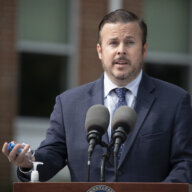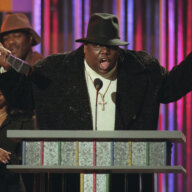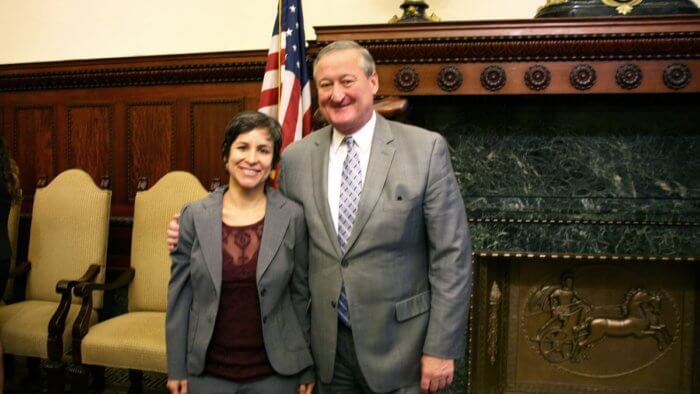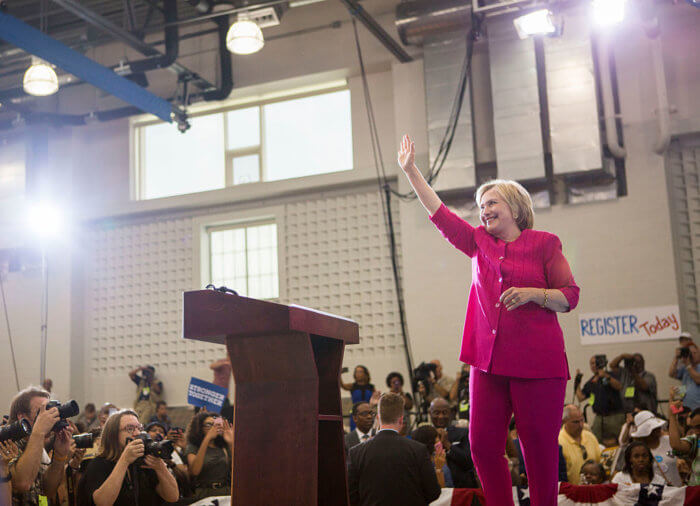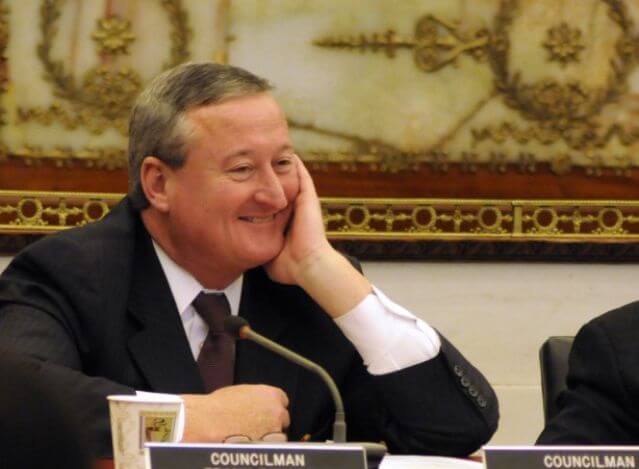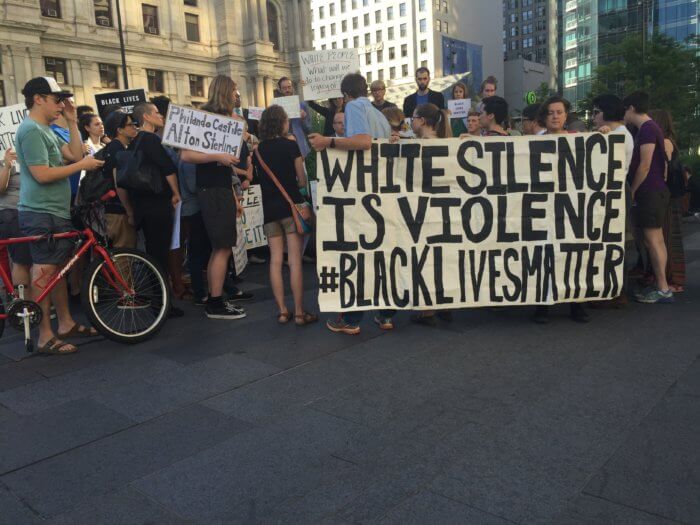Philadelphia’s tax on sugary drinks has been in effect for only two months, but preliminary estimates of its revenue-generating capability aren’t too sweet.
The city is reporting less-than-expected revenues, and some wholesalers and store owners say they may have to lay off workers to compensate for lost profits.
Philly officials are projecting that $2.3 million will be collected from the 1.5-cent-per-ounce tax on sodas and other sweetened drinks in January. That is only 30 percent of what the tax was expected to generate each month in order to hit the annual goal of $91 million, 6ABC reported. To hit that mark,the city would have to collect $7.6 million each month. City Hall remains confident that it will hit its annual goal, however, telling news outlets that distributors stockpiled soda and other sugary drinks in advance of the Jan. 1 tax implementation. RELATED: The Ernest Opinion: Kenney’s soda tax is tone-deaf to the poor living in food deserts But supermarkets and distributors are reporting drops in sales of between 30 and 50 percent, and are considering layoffs to offset their losses, the Philadelphia Inquirer reported. The owner of six ShopRitegrocery stores plans to let go 300 employees this spring, though it was unclear if that could be entirely attributed to the fallen revenue from the soda tax. Mayor Jim Kenney, who signed the tax into law last year, criticized plans to shed workers.
“I didn’t think it was possible for the soda industry to be any greedier,” Kenney told the Inquirer. “… They are so committed to stopping this tax from spreading to other cities that they are not only passing the tax they should be paying onto their customer, they are actually willing to threaten working men and women’s jobs rather than marginally reduce their seven-figure bonuses.” Final revenue figures for January won’t be available until next month, but the city is already planning to delay borrowing $300 million to rebuild parks, libraries and community centers. City spokesman Mike Dunn told Billy Penn the slowing of projects isn’t because of revenue projections falling short, but instead because of lawsuits challenging the constitutional grounds of the tax. In delaying the $300 million loan, the city also won’t have access to the $95 million grant from the William Penn Foundation until legal issues are resolved. Additionally, the city won’t add 1,000 more prekindergarten seats this September as initially planned if the tax remains challenged in court.
Philadelphia soda tax revenues fall short of first-month expectations
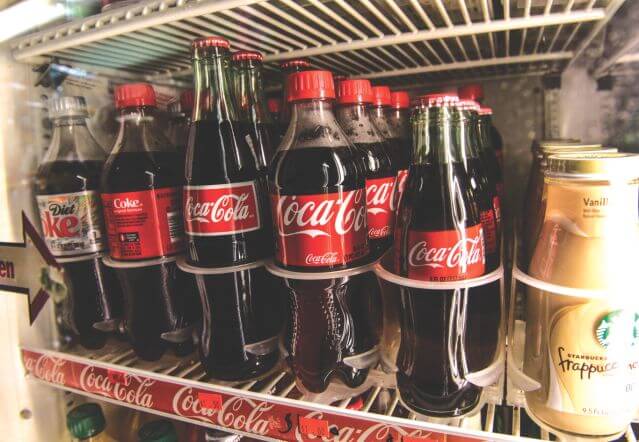
Charles Mostoller













